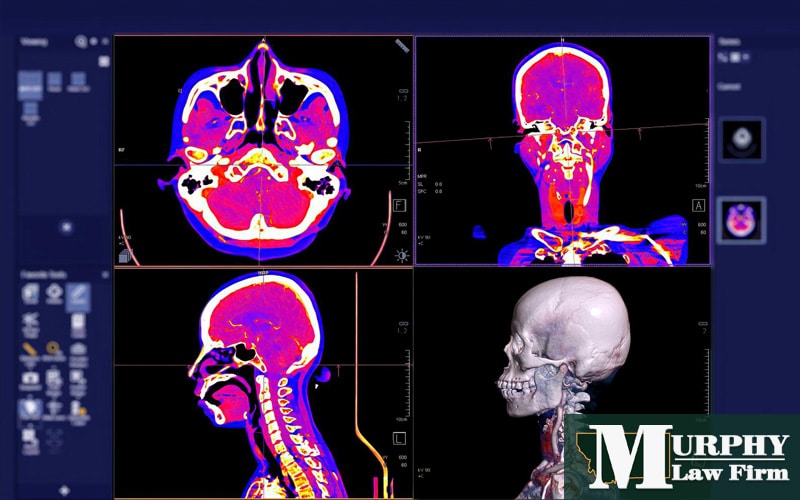
How to receive workers’ compensation as an injured utility worker
Montana’s continued population growth means that utility workers are in high demand these days as cities and towns expand utility services to more rural areas. Today, Montana’s largest power company, NorthWestern Energy, has over 1,500 employees who work hard to keep homes and businesses powered in all seasons throughout the state. Montana Electric Cooperatives Association, Central Montana Electric Power Cooperative and Montana-Dakota Utilities are a few other big players in Montana’s utility industry.
As a utility worker, your job may entail everything from repairing or placing water lines, to installing or repairing electrical and gas lines. You might also work in a position that serves the telecommunications and cable industries.
No matter what type of position you hold, utility companies in Montana are required to carry workers’ compensation to cover the costs of your medical care and lost wages if you sustain an injury while performing your job duties.
One of the most dangerous occupations
Utility workers have some of the highest workplace injury rates compared to other occupations. Although worker safety plays a big role in the industry, the reality is that utility workers are frequently exposed to hazardous situations in the normal course of their job.
Power lines must be installed high enough to be safe for the general public, but this height increases the risk of deadly falls when repairing or servicing these lines. Utility workers also tend to work with electrical sources, which increases the risk of being electrocuted or shocked. Working with and around heavy equipment and large trucks also endangers utility workers. Travel is another job requirement for most utility workers, which increases the risk of a truck or car accident while heading to/from the worksite.
What are the most common types of injuries for utility workers?
Electrocution is a common injury among utility workers, as well as spinal cord injuries due to lifting heavy objects or falling while working. Traumatic brain injuries (TBIs) can result from being shocked, falling or suffering a blow to the head from a falling object. Lacerations, fractures and burns are also common injuries reported by utility workers.
Utility linemen are often called upon during hazardous weather emergencies to restore service to areas with downed power lines. This difficult and brave work can lead to slip-and-fall accidents, being struck by lightning or a live power line and the possibility of being hit by flying objects in high winds.
Utility workers who work directly with gas and water lines are at higher risk of chemical exposure that could cause temporary or long-term brain injuries.
Montana workers’ compensation for brain bleed injuries
Brain bleed injury at work in Montana? Find out how to file a workers’ comp claim and get the most compensation possible.
What to do after getting injured while working on utility lines
Work-related injuries can be severe and life-threatening for utility workers. The primary goal should be to begin first aid right away for your injuries. Even if you think your injury is minor, you should seek medical treatment as soon as possible to ensure that there’s not an underlying issue. Sometimes, what might have seemed like a minor accident can later become a more serious injury once the adrenaline and shock wear off.
Once you’ve sought treatment, your next step is to file a report with your employer. It’s best to report your injury to your employer as soon as you know that it occurred, but you have 30 days to file a report following the date of the accident.
After notifying your employer, you have 12 months in which to file a First Report of Injury form with your employer, the Montana Department of Labor and Industry or their workers’ compensation insurance company. After they receive the report, the insurer has 30 days to either accept or deny your claim.
If your claim is denied, you have 2 years to appeal the decision.
Keep in mind that waiting too long to see a doctor and file a claim can impact your ability to receive proper medical care—not to mention raise suspicions with the insurance company about your injury. Time is of the essence, so it’s best to start working with a lawyer right away to develop a strong appeal that supports your case for receiving workers’ comp.
What benefits can utility workers receive in Montana?
On average, utility workers in Montana earn anywhere from $30,000 to $120,00 per year. Depending on your position, the loss of your ability to work could cause you to miss out on these wages as you recover. This can make it difficult to make ends meet and pay your bills, especially if the medical bills are piling up, too.
How much workers’ compensation benefits you are entitled to in Montana depends on various factors, such as your current income and the severity of your injury.
For example, someone who qualifies for temporary partial disability and who is still able to work, though not in a position to make as much money as they did before, may receive a smaller amount of benefits to help to make up the pay gap. However, someone who is eligible for permanent total disability benefits and can never return to the workforce will be owed more compensation.
The maximum weekly rate for compensation in Montana is capped at two-thirds (66 ⅔ percent) of your wages at the time of your injury.
Some workers’ compensation claims go smoothly. Perhaps your injury was minor and your employer (or their insurance company) agrees to pay the full amount to cover all of your expenses. However, many workers run into the issue of their employer or insurer denying or contesting their claim. You may also have a severe injury that can substantially impact your ability to continue earning money.
In these tough cases, it’s vital to reach out to an experienced Montana workers’ compensation attorney who can work on your behalf to make sure that your right to proper compensation is upheld. At Murphy Law Firm, our team is ready to fight for your rights and ensure you receive the benefits you deserve.
Contact us today to schedule your free, no-obligation consultation.
Personal Injury vs. Workers’ Compensation in Montana
Learn the key differences between workers’ compensation and personal injury claims so you can maximize your compensation after an accident.




